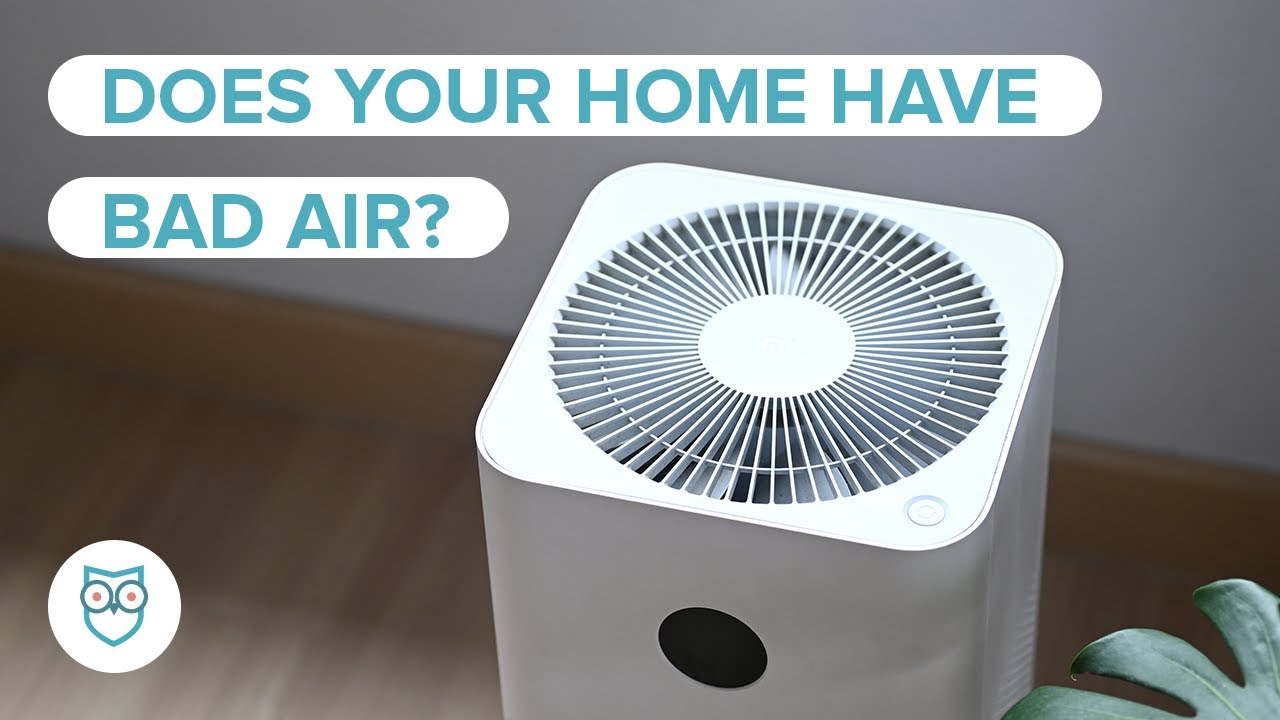
Tips to Make Indoor Air Safer to Breathe
Introduction:
Your home’s indoor air quality is crucial to your health, especially if you have respiratory conditions like asthma. At AC Designs, we’re here to teach you everything you need to know about improving your indoor air quality and creating a healthier living environment in your home so you and your loved ones can breathe cleaner, safer indoor air.
What are the signs of poor indoor air quality?
Signs of poor indoor air quality often go beyond what meets the eye. Some of the most common signs include persistent allergy symptoms like excessive sneezing, coughing, and nasal congestion. Stale or stuffy air, lingering odors, and visible mold or mildew growth are also signs of poor indoor air quality.
Frequent headaches, fatigue, or difficulty concentrating can also be caused by poor ventilation or pollutants in your home’s air. If you notice any of these signs, take action to improve your indoor air quality immediately to ensure that your family is breathing clean air.
What indoor air quality solutions should you consider?
Luckily, there are a number of solutions available to help improve your home’s indoor air quality and create a healthier living environment. Ensure the air you and your loved ones breathe is cleaner, healthier, and more refreshing with these tips:
1. Proper Ventilation:The foundation of improved air quality lies in proper ventilation. This can be as simple as opening windows whenever possible to allow fresh outdoor air to circulate. For areas prone to moisture, like kitchens and bathrooms, use exhaust fans to keep humidity and pollutants from accumulating.
2. Keep Your Home Clean:
Regular cleaning routines are essential in removing allergens and irritants from your home. Dusting surfaces, vacuuming with a HEPA filter-equipped vacuum cleaner, and keeping carpets and upholstery clean can significantly reduce the particles that can harm your indoor air quality.
3. Control Humidity Indoors:
Maintaining the right level of humidity is crucial. Excess moisture can lead to mold growth, which releases spores into the air. A dehumidifier can be a valuable tool in controlling humidity levels, particularly in damp areas like basements.
4. Change Your Filters:
To actively remove particles from the air, consider using air purifiers. High-efficiency particulate air (HEPA) filters are especially effective in capturing tiny particles like dust, pollen, pet dander, and even some bacteria or viruses.
Use an air filter with a high minimum efficiency reporting value (MERV) rating that can easily remove tiny pollen and dust particles from your air. It’s important to replace your filter every three months, or sooner if needed.
5. Use Indoor Plants:
Introducing indoor plants into your living spaces is a great natural way to improve your home’s air quality. Plants like snake plants, peace lilies, and spider plants have been shown to help remove certain pollutants from the air and increase oxygen levels.
6. Avoid VOCs:
In terms of materials used within your living space, opting for low-VOC (volatile organic compounds) paints, finishes, and furnishings can benefit your home’s air quality. VOCs are chemicals released by some products that can lead to indoor air pollution.
7. Don’t Smoke Indoors:
Introducing indoor plants into your living spaces is a great natural way to improve your home’s air quality. Plants like snake plants, peace lilies, and spider plants have been shown to help remove certain pollutants from the air and increase oxygen levels.
Call Betacool Engineering Limited for Cost Effective HVAC Supply, Installation, Maintenance & Repairs
BetaCool is a leading HVAC company serving diverse clients in Nigeria. As experienced HVAC consultants in the Nigerian market for over 10 years, we provide expert HVAC and air conditioning services, spare parts and sales of accessories.
